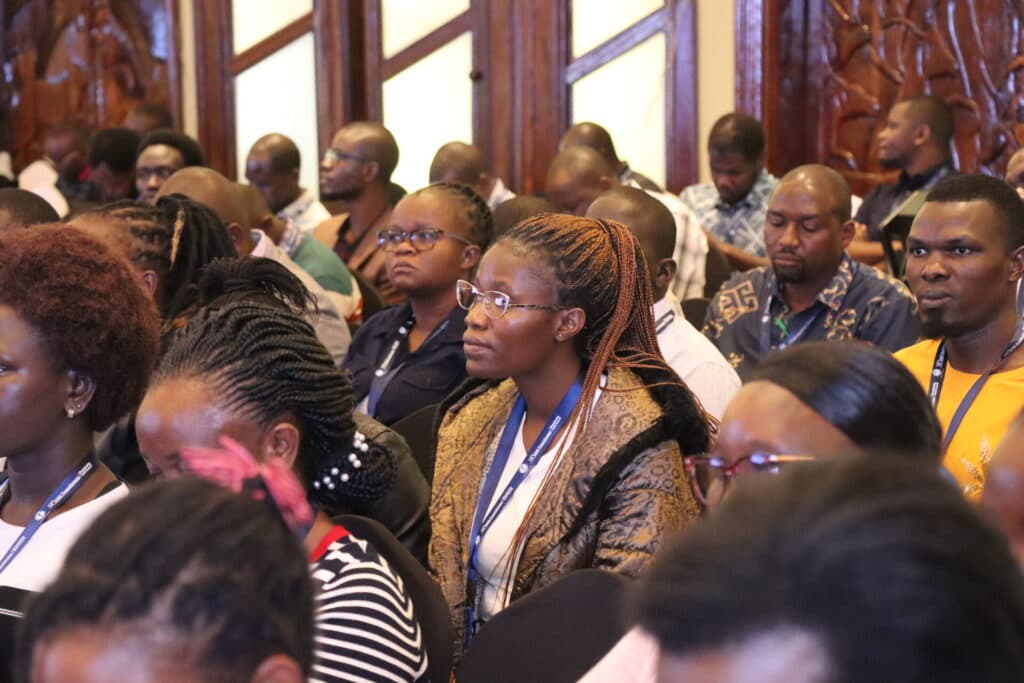We're loading the full news article for you. This includes the article content, images, author information, and related articles.
As Kenya confronts a severe mental health crisis with suicide rates causing national alarm, telecounselling is emerging as a critical intervention, bridging gaps in access to care despite significant infrastructural and regulatory challenges.

Kenya is grappling with a profound mental health crisis, underscored by alarmingly high numbers of deaths by suicide. According to a September 2025 analysis of police records, 462 people died by suicide between June and August 2025 alone, averaging five deaths daily. This reflects a worrying trend, with the Ministry of Health noting a rise in reported cases from 1,157 in 2018 to 1,596 in 2021. The World Health Organization (WHO) estimates Kenya's age-standardized suicide rate at 11.0 per 100,000 population, which translates to about four deaths per day, though it acknowledges that data scarcity is a significant issue. Experts from the Kenya National Commission on Human Rights (KNCHR) and the Ministry of Health suggest the true figures are likely much higher due to underreporting, largely driven by the stigma surrounding mental health and, until recently, the criminalization of suicide attempts.
The crisis disproportionately affects men, who accounted for 83.5% of the suicides recorded between June and August 2025. The most affected age group during this period was 26–30 years old. Key drivers of this public health emergency include financial struggles, relationship breakdowns, and the high burden of mental health conditions. A 2020 report by the Taskforce on Mental Health revealed that one in every ten Kenyans suffers from a common mental disorder. This is compounded by a severe shortage of mental health professionals, with fewer than 150 psychiatrists for a population of over 50 million.
In response to this pressing need, telecounselling—the provision of mental health support via telephone or digital platforms—is gaining traction as a vital tool. This approach directly addresses several of the most significant barriers to accessing traditional mental healthcare in Kenya. For individuals in remote or rural areas, where mental health services are virtually non-existent, telecounselling provides an immediate and accessible lifeline. Furthermore, it offers a degree of anonymity that can help to overcome the powerful social stigma that prevents many from seeking help in person.
Several organizations are at the forefront of providing these services. The Kenya Red Cross Society, through its 24/7 toll-free hotline (1190), provides free and confidential support for individuals in distress. Other key services include Befrienders Kenya and the National Authority for the Campaign Against Alcohol and Drug Abuse (NACADA) helpline (1192). Evidence suggests these services are having an impact; a study on a call centre in Nairobi found that crisis interventions had a positive effect on the delivery of mental health services to young people. While comprehensive national data is still needed, a localized study at Butere County Hospital in Kakamega County found that counselling was effective, with 60% of recipients reporting reduced suicidal thoughts.
The Kenyan government has taken significant steps to address the mental health crisis at a policy level. In a landmark decision in early 2025, the High Court declared Section 226 of the Penal Code, which criminalized attempted suicide, to be unconstitutional, a move lauded by mental health advocates as critical for de-stigmatization. This legal reform is supported by the Kenya Mental Health Policy (2015-2030) and the National Suicide Prevention Strategy (2021-2026), which aims to reduce suicide mortality by 10% by 2026. The strategy explicitly recommends the establishment of helplines and crisis intervention services.
Despite this progress, the widespread implementation of telecounselling faces substantial hurdles. A 2023 study highlighted that inadequate information and communication technology (ICT) infrastructure is the most significant barrier, particularly in rural areas. Limited digital literacy, the high cost of internet data and smart devices, and a cultural resistance to technology-based healthcare also pose challenges. Furthermore, while the government has expressed intentions to invest in a national tele-mental health centre, a clear, well-funded, and integrated public framework for these services is still in development. For telecounselling to achieve its full potential as a suicide prevention tool, a concerted effort is required from both the public and private sectors to invest in digital infrastructure, enhance public awareness, and develop a supportive regulatory environment that ensures quality and confidentiality of care. FURTHER INVESTIGATION REQUIRED.
Keep the conversation in one place—threads here stay linked to the story and in the forums.
Other hot threads
E-sports and Gaming Community in Kenya
Active 8 months ago
The Role of Technology in Modern Agriculture (AgriTech)
Active 8 months ago
Popular Recreational Activities Across Counties
Active 8 months ago
Investing in Youth Sports Development Programs
Active 8 months ago